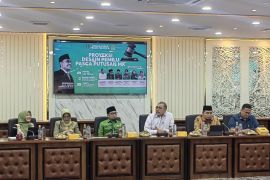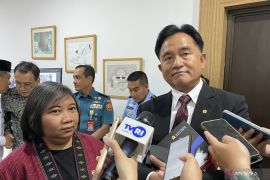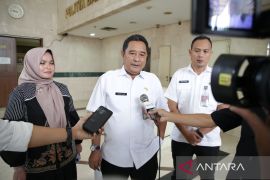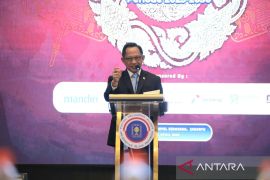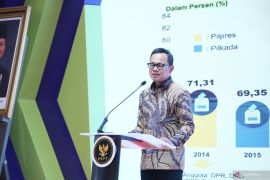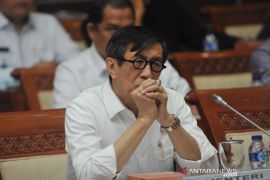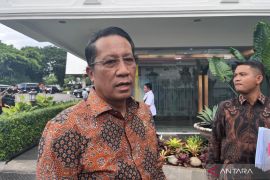"I believe that the elections will directly boost the economic growth by 0.2 percent," Ryan Kiryanto, the chief economist of state-owned lender Bank Negara Indonesia (BNI), said here on Tuesday.
However, he added the contribution of this years elections to the economic growth will not be as large as that of the 2004 and the 2009 elections.
"This year, demand for T-shirts is low. The public knowledge of politics in 2004 and 2009 was not as good as now. Campaigns can now be conducted by means of social media so people do not need to come to campaign grounds. As a result, the real demand declines," he said.
The 2014 elections will act as an economic stimulus if the political condition this year is the same as 2004 and 2009, he noted.
Finance Minister Chatib Basri had projected that the elections will contribute 0.2 percent to the national economic growth target of 5.8-6.0 percent this year.
"The contribution of general elections to economic growth is substantial, due to an increase in advertising spending. If spending goes up, demand will also rise," he said here on Monday.
He noted that household consumption still played the largest role in the national economy.
The minister was not worried about Bank Indonesia (BI)s recent move to revise downward its growth target for this year to 5.5-5.9 percent, from 5.8-6.2 percent previously.
"We are still keeping our growth target unchanged at 5.8-6 percent. BI had lowered its growth target range to 5.5-5.9 percent, so the governments growth target is still within the range of BIs growth target," he said.
The central bank had lowered its growth target for this year to 5.5-5.9 percent, citing the lower-than-expected household consumption due to the limited impact of the general elections.(*)
Editor: Heru Purwanto
Copyright © ANTARA 2014

